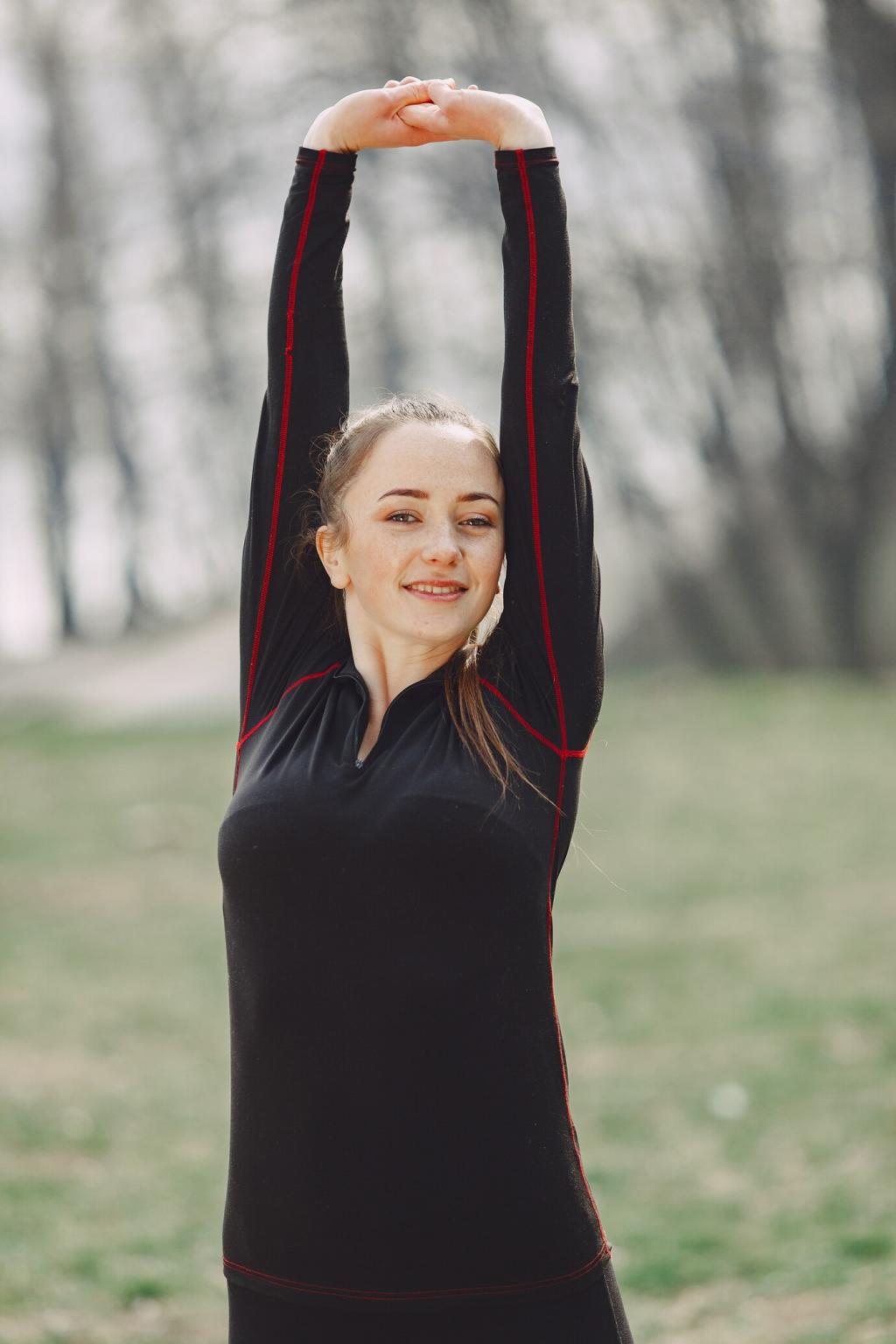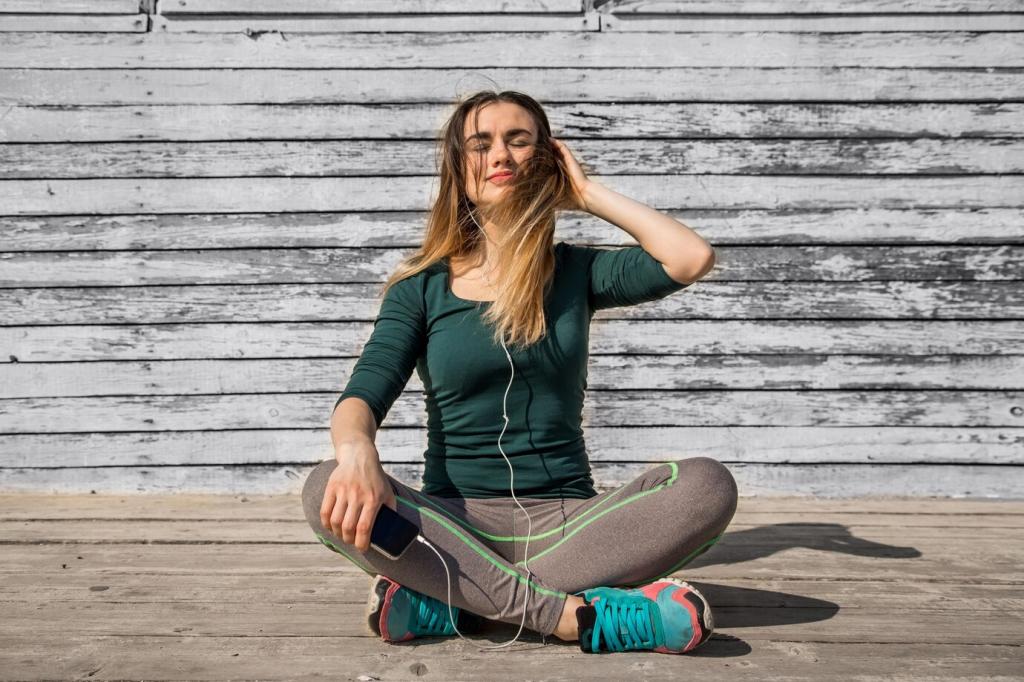Mindful meditation is transforming the athletic world by offering a unique approach to mental and physical performance. More than just a relaxation technique, mindful meditation invites athletes to cultivate present-moment awareness, enhance focus, regulate emotions, and unlock new levels of potential. Whether you are a professional competitor or a passionate amateur, integrating mindfulness into your daily routine can elevate your training, competition, and recovery. This page explores how mindful meditation can create lasting changes for athletes, guiding you toward a more centered, resilient, and successful sporting life.
Understanding Mindful Meditation in Athletics
Mindful meditation is the art of focusing one’s attention on the present moment, acknowledging thoughts and sensations without attachment or aversion. Unlike passive relaxation, meditation trains the mind to remain calm yet alert, cultivating awareness through breathing, movement, or guided imagery. For athletes, this means learning to notice tension, nerves, or excitement, and responding with intention rather than impulsiveness. Over time, such mindful awareness builds the foundations for improved mental resilience and sharpened concentration, critical elements that influence every facet of athletic performance.
Improved Concentration and Focus
Success in athletics often hinges on razor-sharp concentration and the capacity to tune out distractions. Mindful meditation provides systematic training for the attention, making it easier for athletes to remain present and fully engaged during both practice and competition. Consistent meditation enhances the ability to ignore irrelevant or negative thoughts, helping athletes stay locked in on their goals and execute with precision. As athletes master mindful focus, they find it easier to enter “the zone,” where peak performance becomes a natural state.
Accelerated Skill Acquisition
Learning and refining new skills is fundamental for progress, regardless of sport or discipline. Mindful meditation accelerates this process by boosting cognitive flexibility, self-observation, and patience. When athletes meditate regularly, they develop a heightened sense of self-awareness, enabling them to accurately assess their technique and make rapid improvements. Moreover, mindfulness reduces performance anxiety that often hinders the learning process, creating an optimal environment for mastering new skills and integrating them seamlessly into competition.
Consistency in High-Pressure Situations
Mental consistency is what separates elite athletes from the rest. Mindfulness practice instills an inner steadiness that persists even during high-stakes moments, such as championship games or crucial qualifiers. By becoming attuned to their thoughts and emotions without being swept away by them, athletes can maintain poise, manage nerves, and execute under pressure. This consistency leads to fewer performance fluctuations and a greater capacity to deliver when it truly matters.
A key element of managing stress is learning to identify its sources and your typical reactions. Mindful meditation helps athletes notice physical and emotional signals—like a racing heart or spiraling thoughts—before they escalate. Through regular practice, athletes gain insight into their own stress patterns and develop a sense of agency over their responses. This awareness enables them to interrupt automatic reactions and choose healthier, more effective coping strategies in the heat of competition.
Managing Stress and Anxiety
Injury Prevention and Recovery
Listening to the Body
One of the greatest benefits of mindful meditation for athletes is the cultivation of intense body awareness. Mindfulness teaches athletes to notice subtle sensations and warning signs that may precede injury, such as tightness or fatigue. By paying close attention to these cues, athletes can adjust their routines, seek timely interventions, and avoid pushing themselves too far. This preventative approach can significantly reduce time lost to injuries and enhance overall longevity in their sport.
Coping with Setbacks
Injury can trigger frustration, fear, or even depression in athletes used to regular activity and competition. Mindful meditation helps athletes process these emotions with compassion and perspective. Through meditation, they learn to accept temporary limitations without losing sight of long-term goals. Mindfulness practices encourage athletes to focus on what they can control, maintain hope, and find new avenues for growth during downtime, making the journey toward recovery less daunting and more constructive.
Supporting Physical Rehabilitation
Recovery from injury is not only a physical process but also a psychological one. Mindful meditation supports rehabilitation by easing pain perception, reducing stress hormones, and supporting motivation to follow through with recovery protocols. Athletes who meditate are often more engaged in their rehabilitation process, experience less emotional distress, and demonstrate better outcomes. Integrating mindfulness into recovery helps ensure that athletes return to sport stronger, both mentally and physically.
A mindful team environment values respect, encouragement, and open-mindedness among athletes and coaching staff. Mindful meditation nurtures qualities such as patience, compassion, and non-judgment, encouraging team members to support each other openly. When athletes feel safe and respected, they are more likely to collaborate, share ideas, and contribute fully to the group’s success. Such an atmosphere not only boosts morale, but also drives collective achievement on the field or court.

Centering Attention Before Competition
Establishing a mindful pause before competition allows athletes to quiet mental chatter and gather focus. This centering is achieved through brief meditation sessions, mindful breathing, or grounding exercises that shift awareness into the present moment. Athletes who develop this habit approach each event with clarity, intention, and reduced anxiety, enabling them to perform at their best with a sense of readiness and self-assurance.
Activating a Peak State of Mind
Mindful meditation enables athletes to access their optimal psychological state for competition. By practicing visualization, body scanning, or gratitude meditations, athletes stimulate positive emotions and reinforce feelings of confidence and anticipation. This activation of a “peak state” helps counteract nerves or self-doubt, priming the mind and body for athletic excellence and empowering the athlete to rise to the occasion.
Customizing Mindful Practices for Different Sports
Mindfulness in High-Intensity Sports
Sports that require bursts of power—like tennis, martial arts, or basketball—benefit from mindfulness techniques that enhance rapid decision-making and immediate focus shifts. Short, high-intensity meditations can help athletes recover mental balance quickly after a loss or mistake, enabling them to stay present and re-engage with the competition. By weaving mindfulness into practice drills or timeouts, athletes learn to regulate arousal and channel intensity into productive energy.
Integrating Mindfulness Into Endurance Sports
Endurance sports such as long-distance running, swimming, or cycling require athletes to sustain concentration and manage discomfort over extended periods. For these athletes, mindfulness techniques may include body scanning, mindful pacing, or breath observation to manage physical fatigue and negative thoughts. Regular mindfulness practice helps endurance athletes build mental stamina, pacing control, and a calm acceptance of the ups and downs experienced over a long event.
Team Sports Versus Individual Disciplines
The dynamics of team sports differ greatly from that of individual disciplines, influencing the choice and delivery of mindful practices. Team sports may incorporate group meditations or guided exercises that foster unity and shared intentionality, while individual athletes may prefer solitary visualizations or personal affirmations. Customizing practices according to context ensures that mindfulness remains engaging, supportive, and aligned with each athlete’s competitive situations.
Getting Started with Mindful Meditation
Choosing the Right Technique
There is no single right way to practice mindful meditation; the key is to find a method that resonates with you and your athletic needs. Some athletes prefer guided meditations accessed through apps or recordings, while others benefit from silent sitting, breath focus, or movement-based mindfulness. Experimenting with different techniques—such as body scans, loving-kindness, or walking meditations—can help you discover what style best supports your mental and physical goals.


Creating a Consistent Routine
Like any skill, mindfulness develops with regular practice. Designate specific times in your day for meditation, such as before morning training or after a workout. Start with short sessions, even just a few minutes, and gradually increase duration as comfort grows. Consistency is more important than length; daily mindfulness quickly becomes a reliable anchor in your routine, setting the stage for steady improvements in focus, resilience, and performance.
